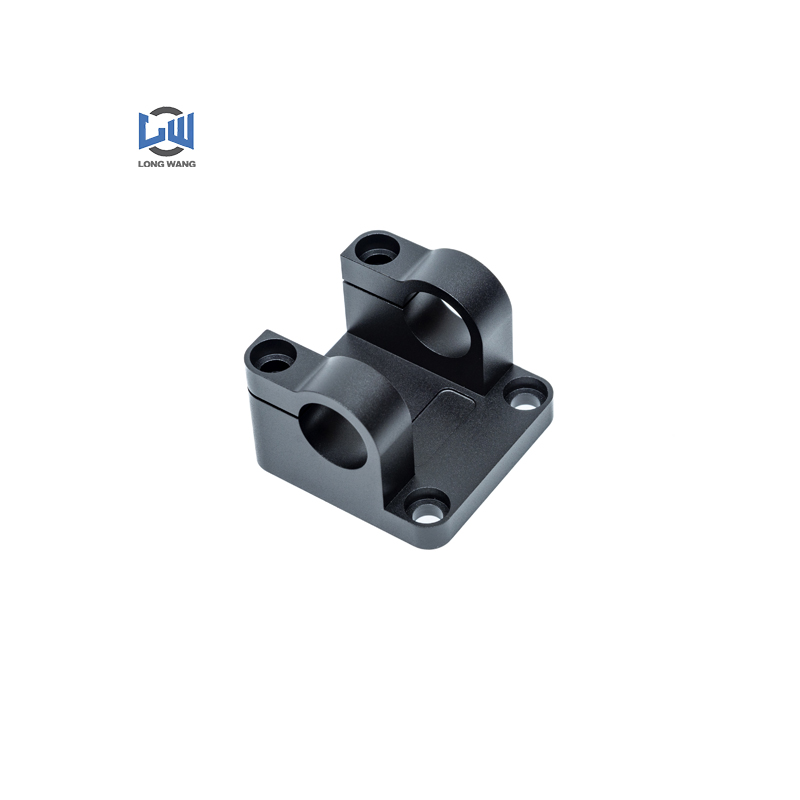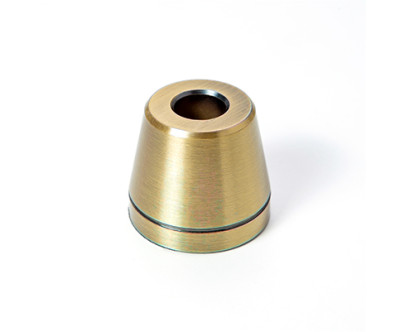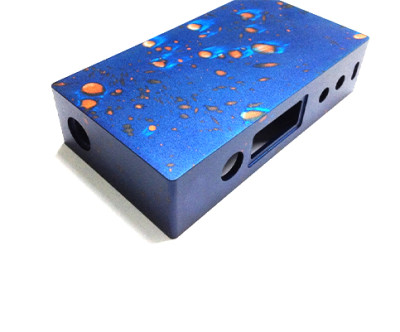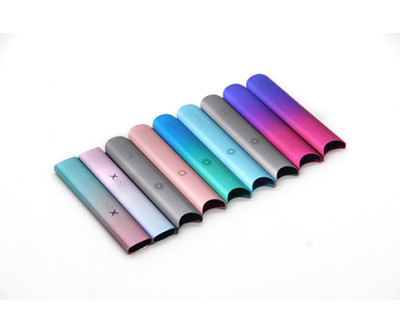What types of aluminum alloys are commonly used for CNC precision parts?
Aluminum is one of the most widely used metals in CNC precision machining due to its excellent combination of strength, lightweight properties, corrosion resistance, and machinability. When it comes to CNC precision parts, the type of aluminum alloy chosen plays a crucial role in determining the part’s performance, durability, and suitability for specific applications. Understanding the characteristics of different aluminum alloys helps engineers and designers make informed decisions to meet functional and manufacturing requirements.
One of the most commonly used aluminum alloys for CNC machining is 6061 Aluminum. This alloy is renowned for its excellent mechanical properties and versatility. It offers good strength, corrosion resistance, and weldability, making it suitable for a wide range of applications, including aerospace components, automotive parts, and structural frames. 6061 aluminum is particularly popular because it balances machinability with mechanical performance, allowing for precise milling, drilling, and turning operations. Its anodized surface finish also enhances appearance and protects against oxidation.
Another widely used alloy is 7075 Aluminum, which is known for its superior strength. It is often referred to as a high-strength aerospace aluminum due to its excellent tensile strength, comparable to many steels, while still being significantly lighter. 7075 aluminum is ideal for applications that require high load-bearing capacity, such as aerospace fittings, defense equipment, and high-performance automotive parts. While it is slightly more challenging to machine than 6061 due to its hardness, careful tooling and machining parameters can achieve highly precise and durable components.
2024 Aluminum is also popular in CNC machining, especially for aerospace and military applications. It has good fatigue resistance and excellent strength-to-weight ratio, though it is less corrosion-resistant than 6061. To improve its durability, 2024 aluminum parts are often treated with protective coatings or anodizing. It is well-suited for structural components where strength and reliability are paramount, such as aircraft panels, truck frames, and industrial machinery.
For applications requiring superior corrosion resistance, 5052 Aluminum is a favored choice. This alloy contains a higher percentage of magnesium, which enhances its resistance to oxidation and corrosion, particularly in marine or outdoor environments. 5052 aluminum is easier to form and weld, making it suitable for sheet metal parts, enclosures, and housings that require long-term durability. Its machinability is good, though not as high as 6061, so it is often selected when corrosion resistance is a priority over extreme precision.
Other aluminum alloys, such as 6082, 3003, and 1100, are also used in CNC precision machining depending on the specific requirements of the project. 6082 offers high strength and corrosion resistance, suitable for structural applications. 3003 is excellent for moderate strength and superior corrosion resistance, often used in marine components. 1100 aluminum is highly corrosion-resistant and soft, making it ideal for decorative parts or applications requiring easy forming and finishing.
When selecting an aluminum alloy for CNC precision parts, several factors need to be considered. These include the part’s mechanical strength requirements, corrosion resistance, weight constraints, thermal conductivity, and finishing options. Machinability is also critical, as some high-strength alloys may require specialized tooling and cutting parameters to achieve the desired precision and surface finish. Additionally, post-machining treatments such as anodizing, polishing, or coating can enhance both appearance and performance.
In summary, the choice of aluminum alloy significantly influences the functionality, appearance, and longevity of CNC machined precision parts. Alloys like 6061, 7075, 2024, and 5052 are among the most commonly used, each offering unique advantages suited to different applications. By understanding the mechanical properties, machinability, and environmental resistance of these alloys, manufacturers can produce high-quality, reliable, and precise components that meet the demanding requirements of industries such as aerospace, automotive, electronics, and industrial equipment. Selecting the right aluminum alloy ensures that CNC precision parts not only perform as intended but also maintain durability and aesthetic quality over time, making them a dependable choice for engineers and designers worldwide.



